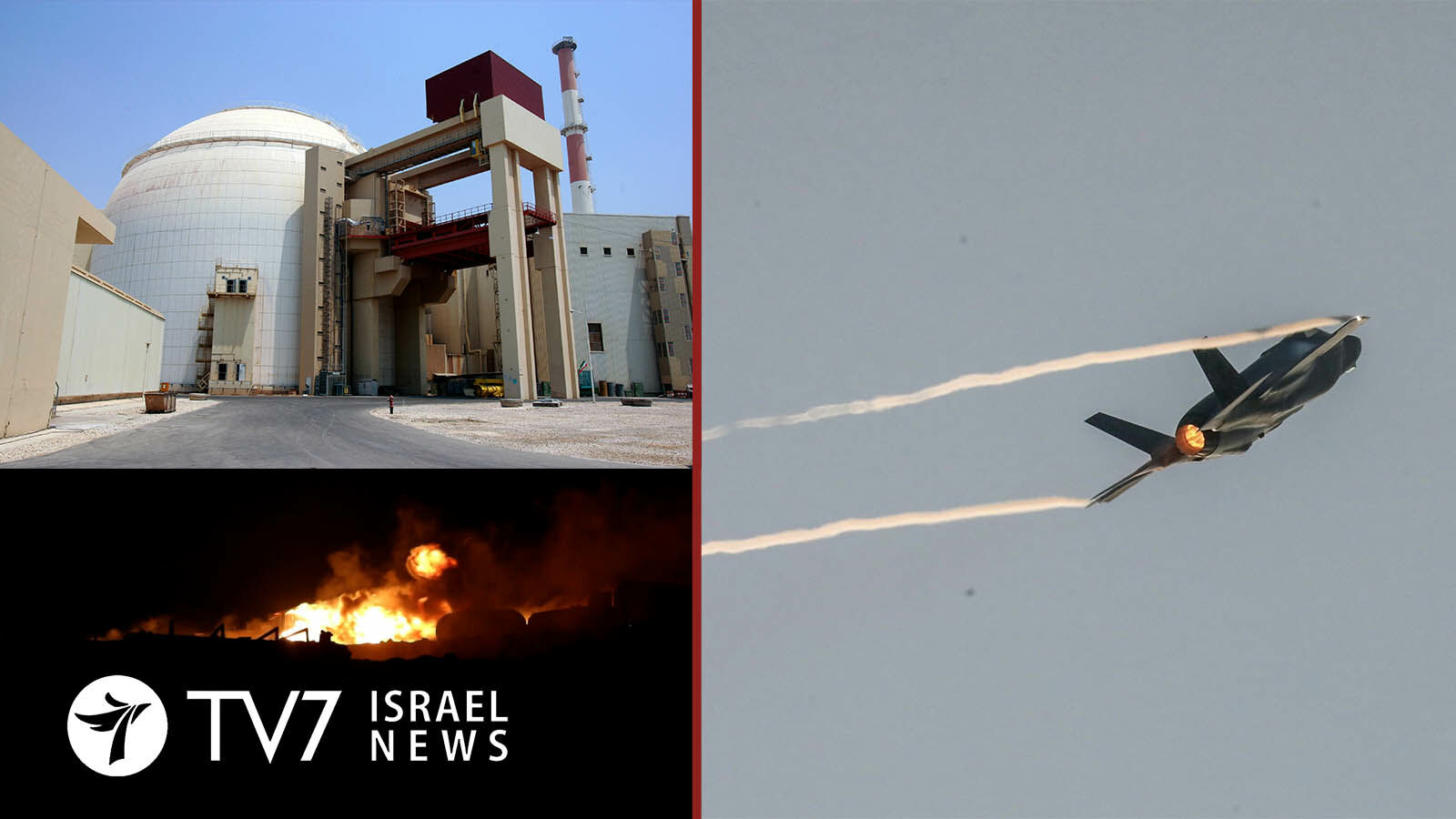The latest reassertion was made by Israeli Defense Minister Lieutenant General Yoav Gallant at the Munich Security Conference (MSC).
By Erin Viner
“When we speak of preventing Iran from gaining a nuclear weapon, we must keep all the possible means – I repeat, all possible means – on the table,” said Jerusalem’s top defense leader.
Israel and the US have long discussed a ‘Plan B’ aimed at preventing Iranian acquisition of a nuclear weapon, including possible military strikes.
Gen. Gallant issued the statement on the sidelines of the international conference while participating on a panel organized by the Abraham Accords Institute and the Conference of European Rabbis alongside the Emirati Minister of Climate Change and Environment and the Bahraini Undersecretary for Political Affairs.
The annual MSC on international security policy is attended by leaders from more than 70 countries around the world to engage in an intensive debate on current and future challenges, including heads of state, ministers, members of parliament, senior officials of governments, armed forces and international organizations.
According to a statement TV7 obtained from his Spokesperson, Defense Minister Gallant warned those gathered at the conference that the Islamic Republic is expanding its advanced weapons proliferation beyond the region, and currently holding discussions to sell advanced weapons – including Unmanned Aerial Vehicles (UAVs, drones) and and precision-guided munitions (PGMs) to at least 50 different countries.
“Iran is no longer a ‘local supplier,’ serving proxies in the Middle East. It is a ‘multinational corporation,’ a global exporter of advanced weapons. From Belarus in Eastern Europe to Venezuela in South America – we have seen Iran delivering UAVs with a range of up to 1000 kilometers,” he stressed.
“All this takes place, while the missile embargo on Iran is still in effect – an embargo that will expire this year. Time is running out, while an evil regime traffics weapons. The international community must create an effective alternative to the dying embargo – a practical mechanism of deterrence and consequences,” he said, referring to the expiration in October 2023 of a “sunset clause” of the 2015 Joint Comprehensive Plan of Action, that curbed Iran’s export and purchase of advanced military systems.
Sunset clauses include the imposition of the “snapback” mechanism to restore international sanctions if Iran violates restrictions on advanced centrifuges imposed by previous United Nations Security Council Resolutions.
Insisting that concrete steps must be taken to stop Tehran’s proliferation of advanced weapons, Gallant called on the international community to “create an effective alternative to the dying embargo – a practical mechanism of deterrence and consequences.”
Iran’s brutal crackdown on anti-government protesters and the sale of drones to Russia in its war with Ukraine has also increased tensions with Western powers, who say that Tehran is violating a UN Security Council Resolution with its transfer of drones.
The United States and European Union have imposed sanctions on Iran over supply of armed “suicide drones” to Russia for use in its war against Ukraine, and the EU is set to punish individuals linked to the Islamic Revolutionary Guards Corps (IRGC) over the UAV production.
The latest developments come as talks to revive the JCPOA between Iran and world powers have been at a stalemate since September. Western states accuse the Ayatollah regime of issuing unreasonable demands just as all sides appeared to be nearing a deal, while continuing to advance its disputed nuclear program amid no breakthrough on the horizon.
The International Atomic Energy Agency (IAEA) this month criticized Iran for making an undeclared change to the interconnection between the two clusters of advanced machines at its Fordow Fuel enrichment Plant (FFEP) that are capable of enriching uranium to up to a near weapons-grade of 60% purity.
During a weekend telephone conversation with Israeli Prime Minister Benjamin Netanyahu, US Secretary of State Antony Blinken underscored Washington’s “ironclad commitment to Israel’s security” during discussion on regional challenges focused on threats posed by Iran.
The Islamic Republic of Iran has repeatedly threatened to annihilate the Jewish State.
